Filter by
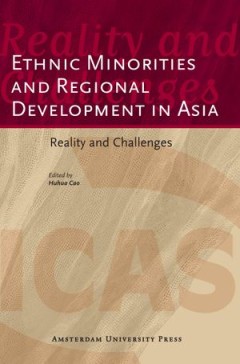
Ethnic Minorities and Regional Development in Asia
The development experience in the world over the last century has shown that economic growth cannot be sustained without taking into consideration the social and political development of vulnerable populations, including greater recognition of minority rights. Within this context, the objective of this book is initially to support the interdisciplinary discussion that aims to join studies that …
- Edition
- -
- ISBN/ISSN
- 9789089640918
- Collation
- -
- Series Title
- -
- Call Number
- -
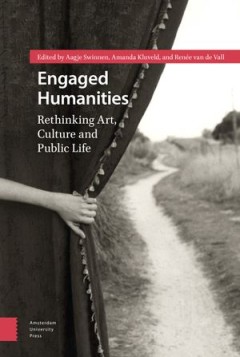
Engaged Humanities Rethinking Art, Culture, and Public Life
What is the role of the humanities at the start of 21st century? In the last few decades, the various disciplines of the humanities (history, linguistics, literary studies, art history, media studies) have encountered a broad range of challenges, related to the future of print culture, to shifts in funding strategies, and to the changing contours of culture and society. Several publications hav…
- Edition
- -
- ISBN/ISSN
- 9789048550401
- Collation
- -
- Series Title
- -
- Call Number
- -
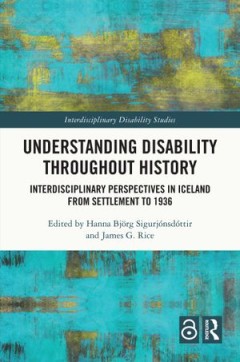
Understanding Disability Throughout History: Interdisciplinary Perspectives i…
Understanding Disability Throughout History explores seldom-heard voices from the past by studying the hidden lives of disabled people before the concept of disability existed culturally, socially and administratively. The book focuses on Iceland from the Age of Settlement, traditionally considered to have taken place from 874 to 930, until the 1936 Law on Social Security (Lög um almannatryggi…
- Edition
- -
- ISBN/ISSN
- 9781000486674
- Collation
- -
- Series Title
- -
- Call Number
- 362.4 UND u
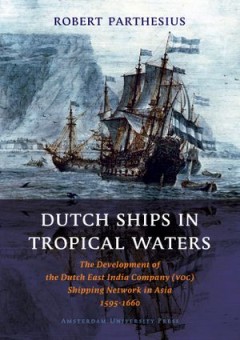
Dutch Ships in Tropical Waters
The end of the 16th century saw Dutch expansion in Asia, as The Dutch East India Company (the VOC) was fast becoming an Asian power, both political and economic. By 1669, the VOC was the richest private company the world had ever seen. This landmark study looks at perhaps the most important tool in the Company' trading - its ships. In order to reconstruct the complete shipping activities of the…
- Edition
- -
- ISBN/ISSN
- 9789053565179
- Collation
- -
- Series Title
- -
- Call Number
- -
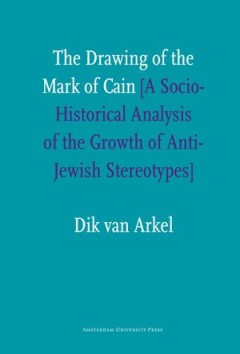
The Drawing of the Mark of Cain
Antisemitism is an exceptional historical phenomenon. Its history goes back at least 2000 years and has manifested itself in many countries and in a wide range of societies. However, it is not a universal phenomenon. Many countries have no tradition of anti-Semitism and even in those where anti-Semitism periodically raises its head, there have been long periods where it appears to have lain dor…
- Edition
- -
- ISBN/ISSN
- 9789089640413
- Collation
- -
- Series Title
- -
- Call Number
- -
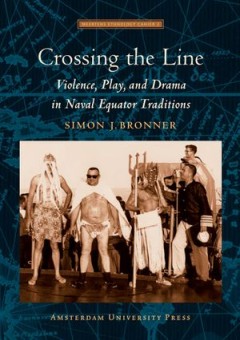
Crossing the Line
For centuries, new sailors from European and North American countries have embraced often brutal hazing in an elaborate ceremony at sea called 'crossing the line' (British-American) and 'Neptunusfeest' (Dutch). Typically enacted upon crossing the equator, the beatings, dunks, sexual play, mock baptisms, mythological dramas, crude shavings and haircuts, and drinking and swallowing displays have …
- Edition
- -
- ISBN/ISSN
- 9789053569146
- Collation
- -
- Series Title
- -
- Call Number
- -
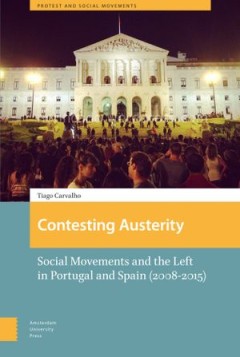
Contesting Austerity Social Movements and the Left in Portugal and Spain (20…
Despite the historical and political similarities between Portugal and Spain, the contentious responses to austerity diverged in terms of number, rhythm and players. This book compares the contentious responses to austerity in Portugal and Spain during the Eurozone crisis and the Great Recession between 2008 and 2015. While in Spain a sustained wave of mobilisation lasted for three years, invol…
- Edition
- -
- ISBN/ISSN
- 9789048552498
- Collation
- -
- Series Title
- -
- Call Number
- -
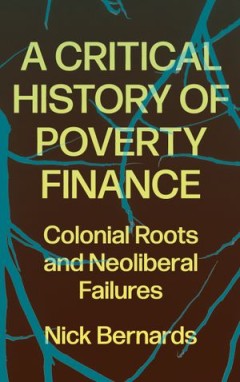
A Critical History of Poverty Finance : Colonial Roots and Neoliberal Failures
'The definitive account of the history of poverty finance' - Susanne Soederberg Finance, mobile and digital technologies - or 'fintech' - are being heralded in the world of development by the likes of the IMF and World Bank as a silver bullet in the fight against poverty. But should we believe the hype? A Critical History of Poverty Finance demonstrates how newfangled 'digital financial …
- Edition
- -
- ISBN/ISSN
- 9780745344867
- Collation
- -
- Series Title
- -
- Call Number
- -
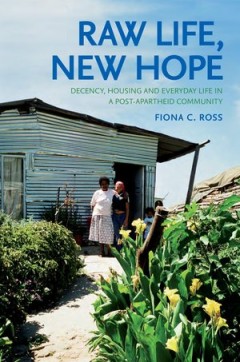
Raw Life, New Hope : Decency, Housing and Everyday Life in a Post-Apartheid C…
The Cape Flats, a windswept, barren and sandy area which rings Cape Town, is home to more than a million people. Many live here in sprawling shack settlements. The post-apartheid state is attempting to eradicate such settlements by providing formal houses in planned residential estates. Raw Life, New Hope is a longitudinal study of the residents of one such shack settlement, The Park, who moved…
- Edition
- -
- ISBN/ISSN
- 9781919895277
- Collation
- -
- Series Title
- -
- Call Number
- -
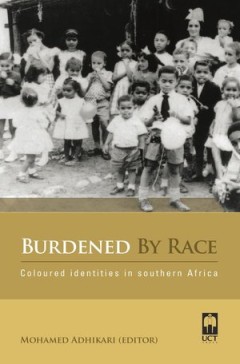
Burdened By Race : Coloured Identities in Southern Africa
Since its emergence in the late 19th century, coloured identity has been pivotal to racial thinking in southern Africa. The nature of colouredness is a highly emotive and controversial issue as it embodies many of the racial antagonisms, ambiguities and derogations prevalent in the subcontinent. Throughout their existence coloured communities have had to contend with being marginal minorities s…
- Edition
- -
- ISBN/ISSN
- 9781919895147
- Collation
- -
- Series Title
- -
- Call Number
- -
 Computer Science, Information & General Works
Computer Science, Information & General Works  Philosophy & Psychology
Philosophy & Psychology  Religion
Religion  Social Sciences
Social Sciences  Language
Language  Pure Science
Pure Science  Applied Sciences
Applied Sciences  Art & Recreation
Art & Recreation  Literature
Literature  History & Geography
History & Geography